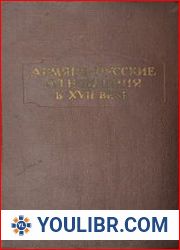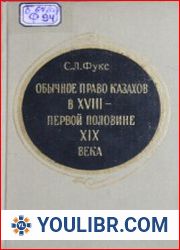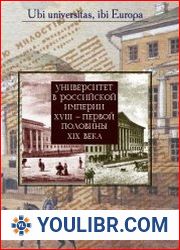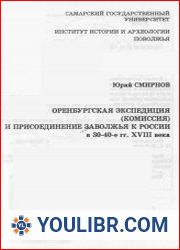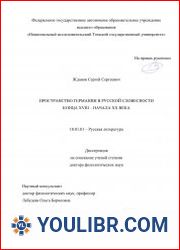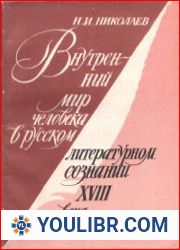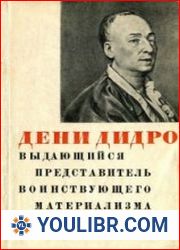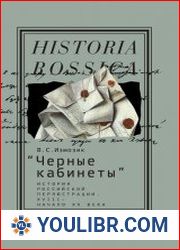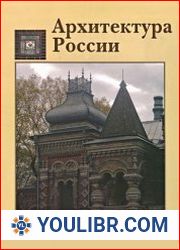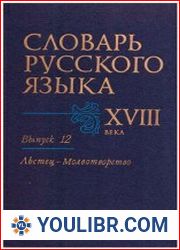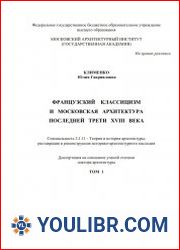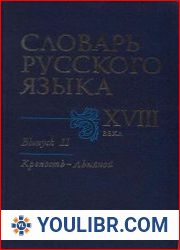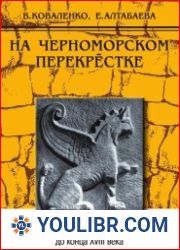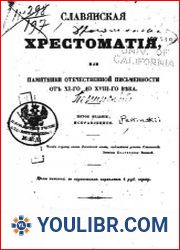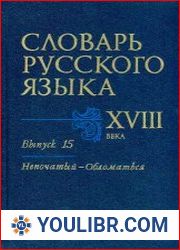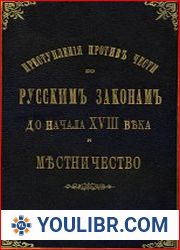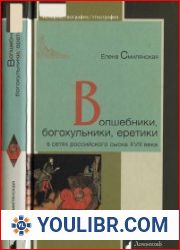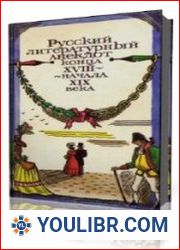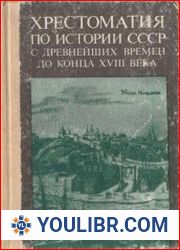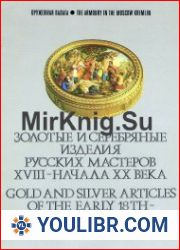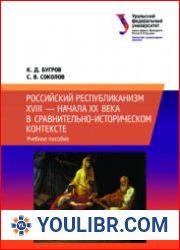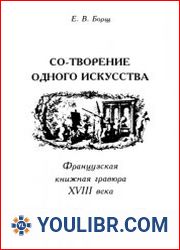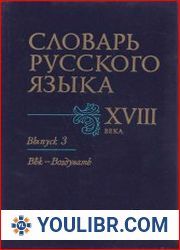
BOOKS - HISTORY - Переписка московских масонов XVIII-го века. 1780-1792 гг....

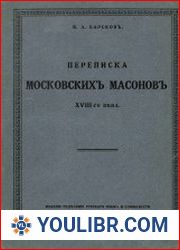
US $5.81

134880

134880
Переписка московских масонов XVIII-го века. 1780-1792 гг.
Year: 1915
Format: PDF
File size: 20,26 MB
Language: RU (pre-reform)
Format: PDF
File size: 20,26 MB
Language: RU (pre-reform)
"This collection reflects the scientific description of printed and handwritten materials related to the activities of Freemasons. The first group of documents included in the collection are letters from the Martinists of 1790-1792, stored in the Petrograd main archive of the Ministry of Foreign Affairs. The correspondence is followed by the diary of Baron G. Ya. Schroeder, who was in the State Archive among the papers of I.P. Elagin. The third group of documents consists of Masonic letters of the 1780s from the Imperial Moscow and Rumyantsev museums. For the first time in this publication, letters from N. I. Novikov and Prince N. N. Trubetskoy (also from the Rumyantsev Museum) and documents reprinted from a rare old Signatstern publication concerning Baron G. Ya. Schroeder were printed as an appendix. The preface to the publication contains notes on Russian and German Rosicrucians of the XVIII century, in the notes - bibliographic references. The publication contains texts in Russian, French and German. Barskov Yakov Lazarevich (1863-1937) came from the Pomeranian Old Believer environment. A gymnasium teacher, later admitted to the analysis of manuscripts of the palace archive, he had access to a variety of historical and literary materials, sometimes practically inaccessible to many scientists. Occupying prominent official posts, becoming a privy councilor and senator, Barskov nevertheless retained a broad approach to the problems of history and literature of the 18th century. In the preface to the publication, Y.L. Barskov takes a significant step towards understanding the political role of Freemasons, considering their relationship with Pavel Petrovich and touching upon the secret goals of immigrants from Germany who participated in the work of Russian lodges, and the degree of their influence."








